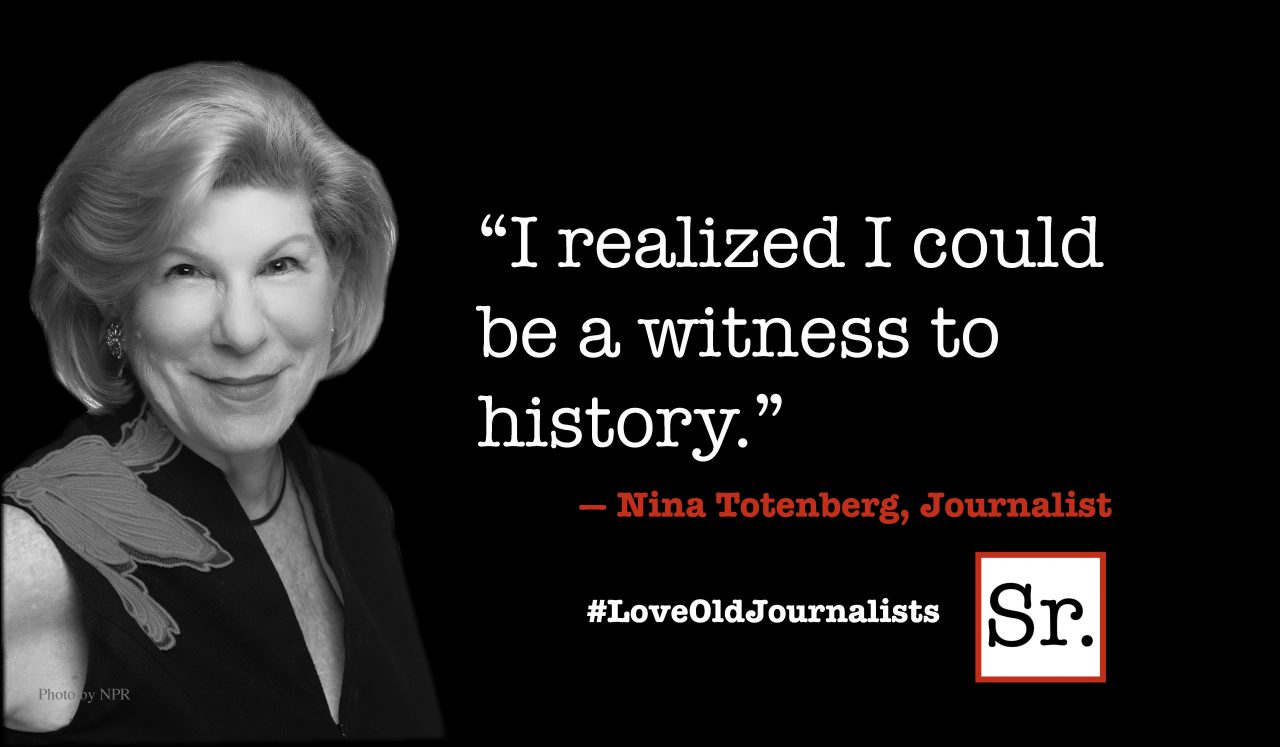The infamous case of the West Memphis Three — teens convicted of the Satanic 1993 murders of three boys — has already been the subject of three first-rate documentaries by Joe Berlinger and Bruce Sinofsky: “Paradise Lost: The child Murders at Robin hood Hills” (1996), “Paradise Lost 2: Revelations” (2000) and “Paradise Lost 3: Purgatory” (2011).
Amy Berg’s “West of Memphis” though, benefits from being the first film on the subject since the three accused murderers — Damien Echols, Jason Baldwin and Jessie Misskelley, Jr. — were released last year after their lawyers successfully argued that new evidence (much of it disseminated through the Berlinger and Sinofsky docs) warranted an appeal in front of the Arkansas Supreme Court.
“West of Memphis” (produced by Hobbit-lord Peter Jackson) tries to be encyclopedic … and with a running time of 2 ½ hours it not only recycles well-known details of the case (sloppy investigative work, the prejudicial witch-hunt atmosphere during the trial) but takes side-trips into new revelations and accusations.
There’s some really fascinating stuff here, like an experiment using dead pigs to show that the marks on the bodies of the murder victims were not signs of ritual torture (as maintained by the prosecution) but rather were the results of turtle bites inflicted while the dead boys floated in a water-filled ditch.
And “West of Memphis” breaks new ground (and possibly veers into irresponsibility) by maintaining that the real killer was Terry Hobbs, a stepfather of one of the murdered children. (Previous theories have centered on a different man, John Mark Byers, father of another of the slain boys, whose outlandish behavior during the filming of the first Berlinger-Sinofsky movie fuelled speculation about his guilt.)
In addition to the case itself, the film has famous talking heads in the form of producer Jackson and musicians Henry Rollins and Eddie Vedder, longtime supporters of the three convicted men.
If you’re looking for one-stop shopping regarding the West Memphis Three, this new documentary should do the job.
But here’s the thing: I wasn’t crazy about the film, and the reason why I was underwhelmed has me troubled.
“West of Memphis” is a solid documentary. But nowadays solid isn’t enough.
Over the last thirty years non-fiction filmmakers like Erroll Morris, Berlinger and Sinofsky, and Michael Moore have moved the staid, dry documentary into new territory. Gone are the days when a straightforward presentation of the facts was enough to engage my interest.
In fact, that’s why the phrase “non-fiction film” was developed… to cover these new documentaries which employ presentational gimmicks such as re-enactments, animated segments and first-person narratives by the filmmakers.
In my youth the template for a good documentary was set by the straightforward productions created by the news divisions of the major TV networks and aired during prime time. I’m thinking of documentaries like CBS's “Harvest of Shame” from 1960, Edward R. Murrow's classic study of the plight of American migrant workers.
These old-school docs were largely attitude-free — they presented the facts in a more-or-less neutral manner (if they weren’t totally objective, they at least worked hard to hide their prejudices).
But today’s consumer of non-fiction films — myself included — want and demand attitude. After all, attitude is interesting.
And with “West of Memphis” Amy Berg doesn’t give us much attitude.
The downside of all this, of course, is that I (and lots of other moviegoers) approach non-fiction film less as journalism than as movie art. The movies of Michael Moore may have grotesque factual misrepresentations, but they are great storytelling. They get my liberal dander up. They’re funny. Sarcastic.
I’m now at the point (and I’m not proud of this) where I approach documentary film not from the vantage of a seeker of verifiable truth, but from that of an audience member seeking entertainment. Trying to figure out what’s true and what’s bullshit in a doc is too much work. It’s a lot easier just to go with how I feel when the movie ends.
Was I diverted? Energized? Outraged? Bored?
It’s a simpler set of aesthetics. Easier to deal with.
But I’m all too aware that something vital has been lost.









